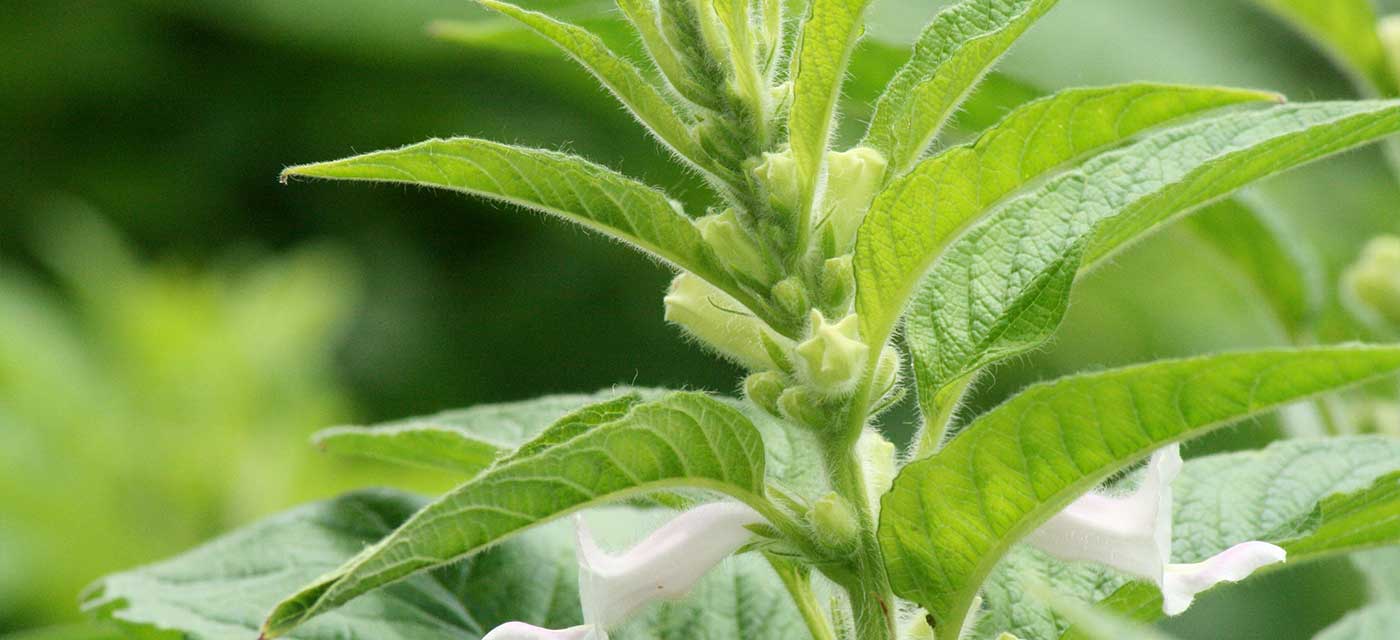Sesame Opportunities in Somalia
There are good opportunities for sesame producers and exporters in Somalia. In addition to being an integral part of the diet, sesame is the largest export crop. The total number of sesame farmers in the country is estimated at 220,000, cultivating an area of about 100,000 hectares of land, but the production can be increased considerably. However, there are a number of challenges faced by Somali producers including low productivity, lack of the relevant market information, technical know-how among farmers and processing capacity to produce high-quality seeds, especially to the standards required in export markets. Both cleaned and hulled sesame are among the products that Somali producers are most likely to be able to compete successfully in international markets but improved processing can also lift the domestic demand for oil.
To do so, Somalia need to change the ways that sesame is currently produced, processed and exported, including adopting [1]:

More advanced crop production practices to increase yields
Somali farmers have low yield due to a wide array of factors such as;
- Limited knowledge.
- Limited access to appropriate pesticides.
- Poor production and harvesting practices.
- Lack of finance to invest in improved technology and tools;
- Lack of irrigation.
- Contamination of improved varieties with traditional low-yielding varieties.
Somali producers need to upgrade their production technology and skills.
Increased processing capacity
Exporters are not investing in processing the seeds as there already exists an international market for their unprocessed sesame. As result, they spent all their capital on purchasing sesame. In addition, donor support given to help to build processing capacity have created misconceptions such as that businesses do not have to invest in machinery themselves. To enter higher-end markets, demanding cleaned and hulled sesame, Somali processing capacity – along with the maintenance and spare parts of such services – must be expanded.
Improved understanding of the global markets and certification services
Somali exporters have a limited understanding of the changing buyer requirements and consumer trends in end markets. The Somali product has low competitiveness in global markets due to poor quality products and lack of processing. There is a lack of understanding of the global markets’ driving forces and how to strategically enter new markets or maintain market share. There is also a lack of investment in certification services due to lack of demand, and presently a challenge with the capacity and access needed to improve traceability. There is also limited knowledge about improved practices, policies, and technologies already being used to grow the sesame sector in neighboring countries. Somali exporters and regulators need to understand their competitors better, whilst building stronger connections with existing and new buyers.
There is support currently provided through a number of international projects to help producers to overcome some of these challenges. We, at ASH, also provide producers, processors, and exporters technical advice and analytical support in a number of areas including information on markets for input and output, product safety and quality management systems, and investments.
Contact Us
A leading consultancy firm providing agricultural and analytical services to agriculture and food industry and policymakers in the Horn of Africa
00 252 63 3221141
Offices :
Mogadishu | Hargeisa | London, UK
